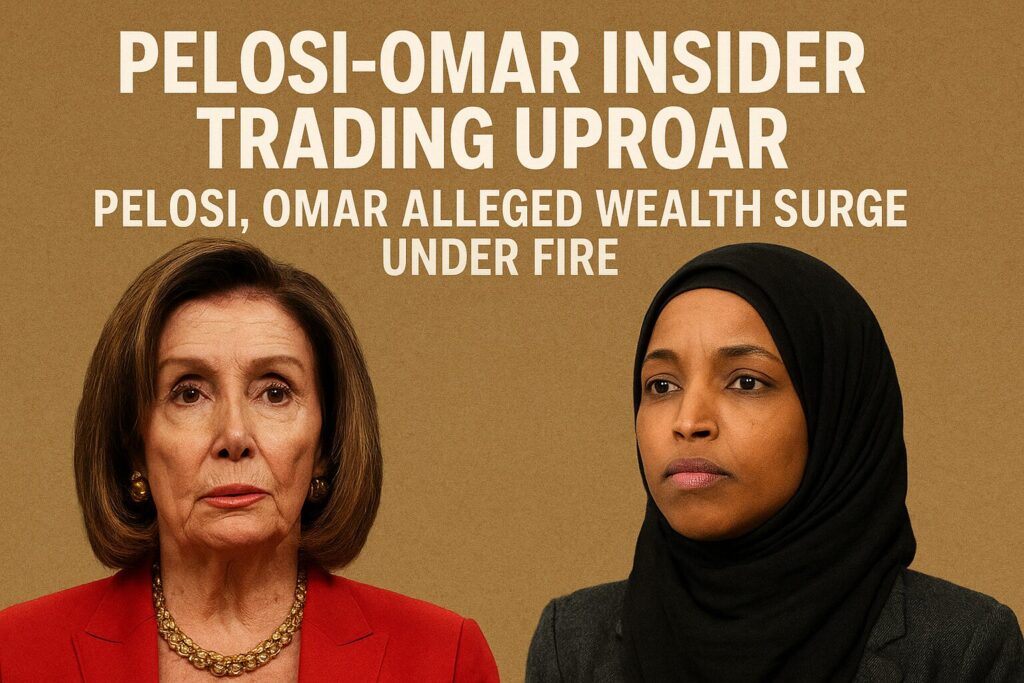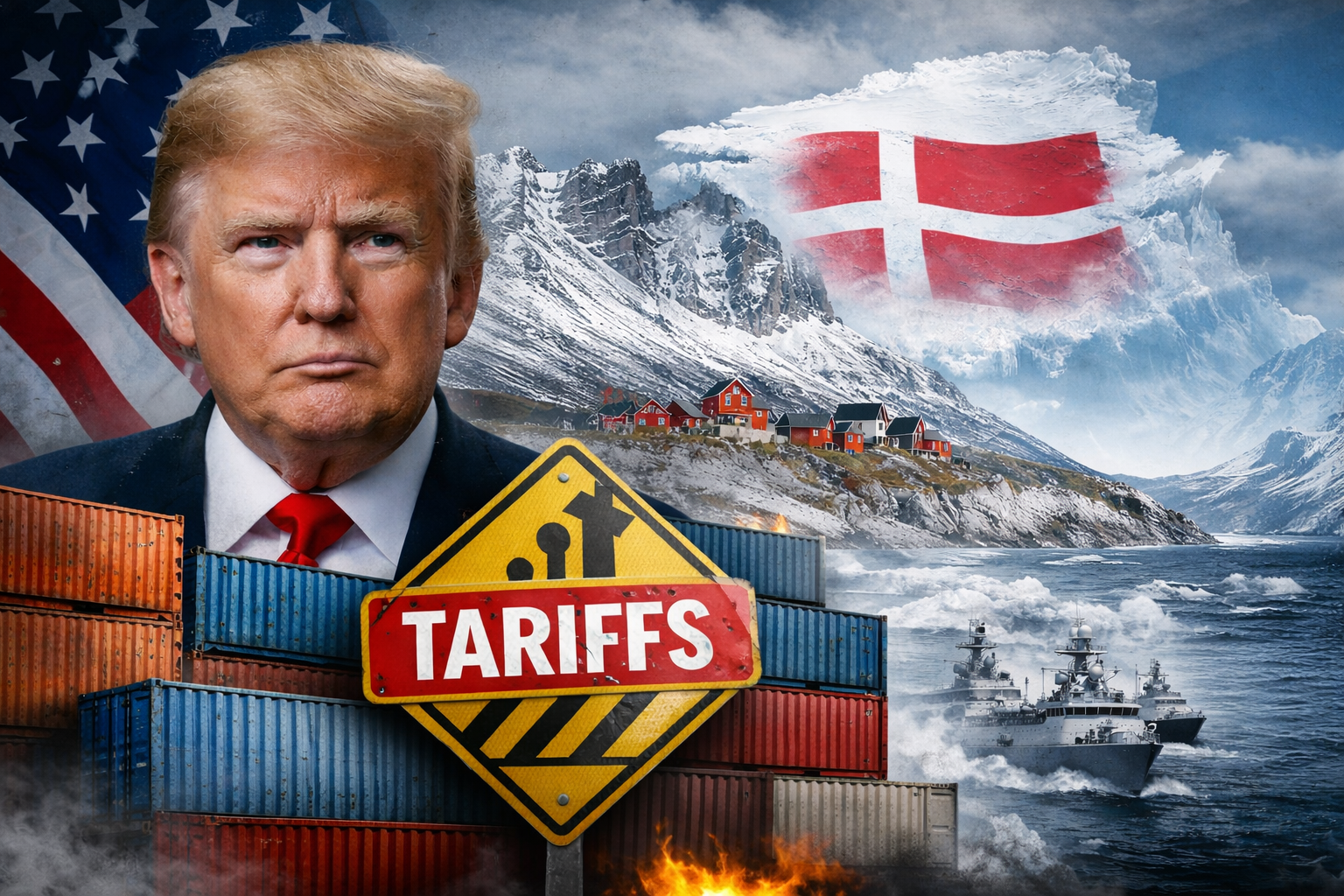Key Takeaways
Pelosi’s Husband’s Stock Trades Raise Eyebrows: Paul Pelosi sold Visa stock just before a DOJ antitrust case—sparking insider trading speculation—though no charges are pending
Omar’s Exploding Net Worth Raises Flags: Ilhan Omar reported a 2024 household net worth between $6 million and $30 million, largely due to her husband’s business holdings—not public office income Wikipedia.
No Concrete Scam Yet—Just Political Lightning Rods: Despite sensational claims on social media, there’s no verified, formal investigation confirming wrongdoing for either Pelosi or Omar; so far, it’s mostly political theater and financial curiosity.
Pelosi and Omar Face Scrutiny Over Wealth and Stock Activity Allegations
Public debate around money in politics has once again turned toward two high-profile Democratic lawmakers: Nancy Pelosi, Speaker Emerita of the House, and Representative Ilhan Omar of Minnesota.
Allegations of insider trading and questionable financial growth have been shared across social media, news outlets, and political forums. However, despite the noise, no formal investigations or legal findings of wrongdoing currently exist against either legislator.
Pelosi and Her Husband’s Stock Trades
Nancy Pelosi’s wealth has long been a focal point of transparency advocates and critics. Her husband, Paul Pelosi, is a venture capitalist who manages a wide portfolio of investments.
Over the years, some of his trades have drawn significant attention because they occurred around the same time as congressional discussions or government actions.
For example, Paul Pelosi’s trades involving companies such as Visa, Tesla, and Nvidia have raised questions about whether lawmakers or their families should be allowed to trade individual stocks at all.
Critics argue that even if Pelosi herself has no direct involvement in the trades—as she has repeatedly stated—the timing creates a perception problem for public trust in Congress.
Omar’s Growing Household Net Worth
Ilhan Omar has also faced scrutiny, though for a different reason. Her most recent financial disclosures showed a household net worth estimated between $6 million and $30 million.
Much of that wealth comes from her husband’s business and consulting ventures, not her congressional salary. Still, the large financial range in her disclosures has led some observers to call for more detailed reporting and clearer rules for members of Congress.
As with Pelosi, no evidence has surfaced of illegal or unethical trading behavior tied to Omar.
Instead, the criticism highlights a broader issue: how financial success among lawmakers, or their families, can erode public confidence in the system.
Push for Reform in Congress
Both Pelosi and Omar are now at the center of a larger conversation about reforming how elected officials manage personal finances.
The proposed “PELOSI Act” (an acronym for Preventing Elected Leaders from Owning Securities and Investments) has been introduced to ban members of Congress and their immediate family from trading individual stocks.
While it has gained bipartisan attention, it has not advanced into law.
Public polling has consistently shown that a majority of Americans—across party lines—believe lawmakers should not be able to actively trade stocks while in office.
Advocates argue such a ban would reduce conflicts of interest and restore faith in Congress. Critics of the proposal, however, warn that it could discourage business-minded individuals from serving in government.
Broader Context: Trust and Transparency
The controversies around Pelosi and Omar reflect larger concerns about ethics and accountability in Washington.
Even absent clear evidence of wrongdoing, high-profile financial disclosures generate skepticism, particularly at a time when political polarization is already deep.
Transparency groups and watchdog organizations continue to press for reforms, while both Pelosi and Omar maintain that they have followed all required financial disclosure rules.
For now, the allegations remain unproven claims, and the debate centers less on personal misconduct than on the systemic question: Should members of Congress be allowed to trade or hold significant financial assets while shaping national policy?
Conclusion
For the Urban City Podcast audience, the key takeaway is that while allegations of insider trading against Pelosi and Omar make headlines, they remain unverified.
The real story may be less about scandal and more about whether the rules themselves need to change.
As the conversation continues, the focus on financial transparency in politics is unlikely to fade.














